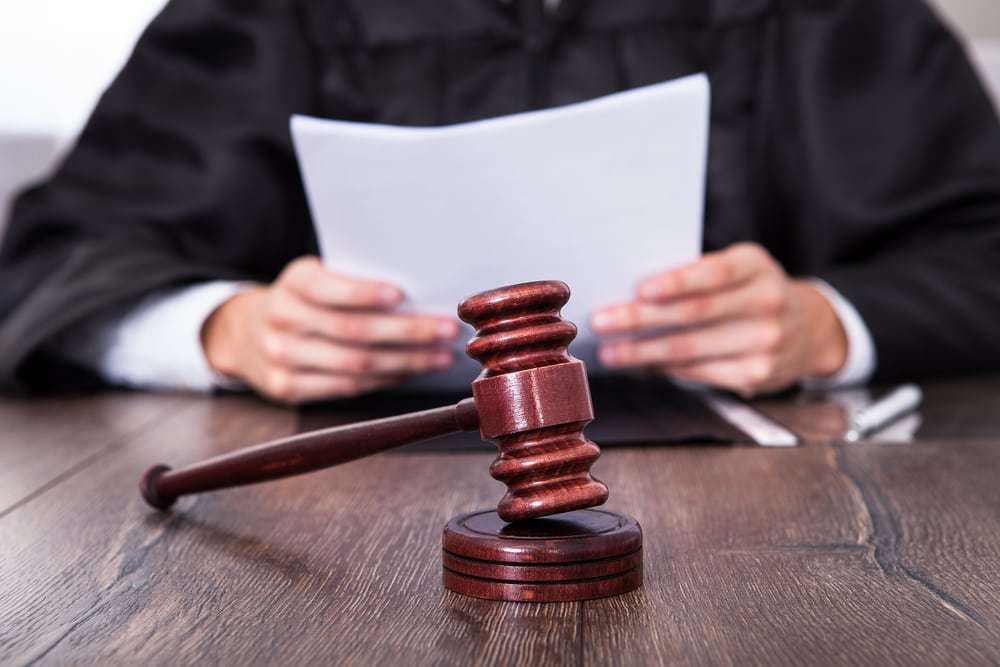People who are injured in a car accident caused by another driver may choose to file a claim against the responsible driver in an effort to hold them liable to pay damages. In some of these cases, the insurance company will dispute liability or extend an offer of settlement that is unreasonably low. If an insurance company extends an unreasonable offer in response to your lawyer’s demand letter or disputes the at-fault driver’s liability for causing the accident, you and your attorney may have to file a formal civil lawsuit. After the lawsuit is filed and the insurance company hires defense counsel and the defendant files his or her answer, the case will enter a phase called the discovery process, which may include a tool known as a deposition. So what happens after a deposition in a car accident case? The experienced lawyers at the Law Offices of Bryan Musgrave can help you understand what you might expect in your own case.
What Happens After a Deposition in a Car Accident Case?
The discovery phase of a car accident case involves the exchange of information between the two parties. Both sides are required to provide some, but not all, evidence that they have about the accident to each other so that neither will be “surprised” if the case goes to trial.
One tool that may be used by both sides is a deposition. During a deposition, the attorneys for both parties will be able to question different people who were involved in the accident or who have information about it. These parties might include the drivers, passengers, and any witnesses who saw what happened. So what happens after a deposition in a car accident case? After the people have been deposed, several things might happen:
Review of the Transcripts
Depositions are informal hearings, but there will be a court reporter present who transcribes the testimony, and the witnesses testify under oath. The deposition gives both sides the chance to hear what the parties have to say about what happened. It also allows the lawyers to assess the relative strength of the testimony and how each witness might be perceived by the jury or the judge. After a witness has been deposed, the attorneys for both sides will likely get copies of the transcripts and carefully review them. In some cases, the provided testimony reveals other witnesses that also need to be deposed. If that happens, the attorneys may schedule additional depositions.
Request by the Defense for a Defense Medical Examination
If you are the injured plaintiff in a car accident claim, you might expect the defense to ask for you to submit to a defense medical examination after your deposition has been completed. While the defense lawyer may refer to this exam as an independent medical exam, it is not truly independent.
The doctor that you will see will be chosen by the insurance company. He or she will likely minimize the severity of your injuries and may look for earlier incidents on which your injuries might be blamed. Your attorney understands that these exams are often biased and will prepare you in advance. You will likely be told not to volunteer any unnecessary information to the doctor. The insurance company’s defense medical examiner will write a report with his or her findings. Your own physician or a physician chosen by your attorney will likewise write a report that details the extent of your injuries and their likely impact on your ability to function in the future. Having all reports available will provide your attorney with evidence that can then be used in negotiations.
Settlement or Trial
Your lawyer will continue negotiating with the insurance company after your deposition and any defense medical exam. A majority of car accident claims are eventually settled, but reaching a fair settlement agreement may take a lengthy period of time and require investigations and the help of experts. If your attorney receives a settlement offer, he or she will discuss it with you so that you can decide whether or not it is fair and reasonable. If you do agree to accept an offer, the settlement will be finalized and your claim will be concluded. You will not be able to file another lawsuit for the same accident in the future. The insurance company will send a settlement check to your attorney, and your attorney will provide you with payment for the amount that you are owed.
What happens after a deposition in a car accident case if the insurance company refuses to offer a reasonable settlement? If this happens to you, your lawyer should advise you of the strengths and weaknesses of proceeding to trial, and if you do go to trial, you lawyer will fight for you at trial. He or she will prepare your case as if it will go to trial from the beginning so that you are able to present a strong case of liability. At trial, both you and the defendant will be expected to testify. You might also call witnesses to testify for you and experts to testify about their opinions. Once both sides have rested, the jury will receive the case and render its verdict.
Contact the Law Offices of Bryan Musgrave Today
After you have been injured in an accident that was caused by the negligence of another driver, it is important for you to get legal help. Car accident cases may be very complex. You are more likely to recover damages in an amount that fairly compensates you when you have the help of an experienced personal injury attorney. Schedule a free consultation today with the Law Offices of Bryan Musgrave by calling 417-322-2222 or contacting us online.

